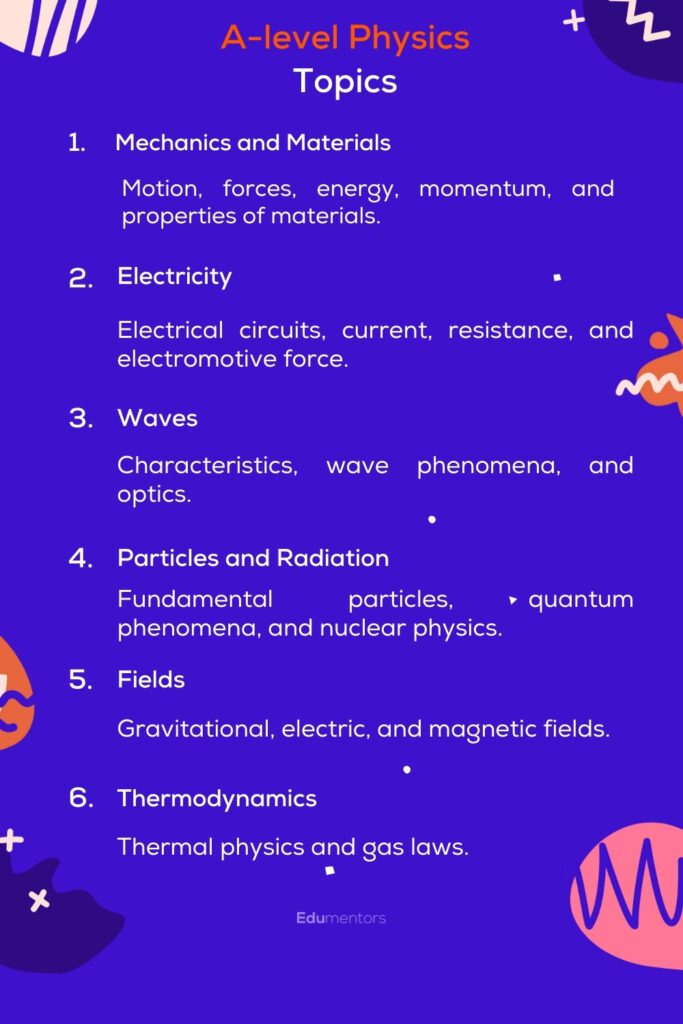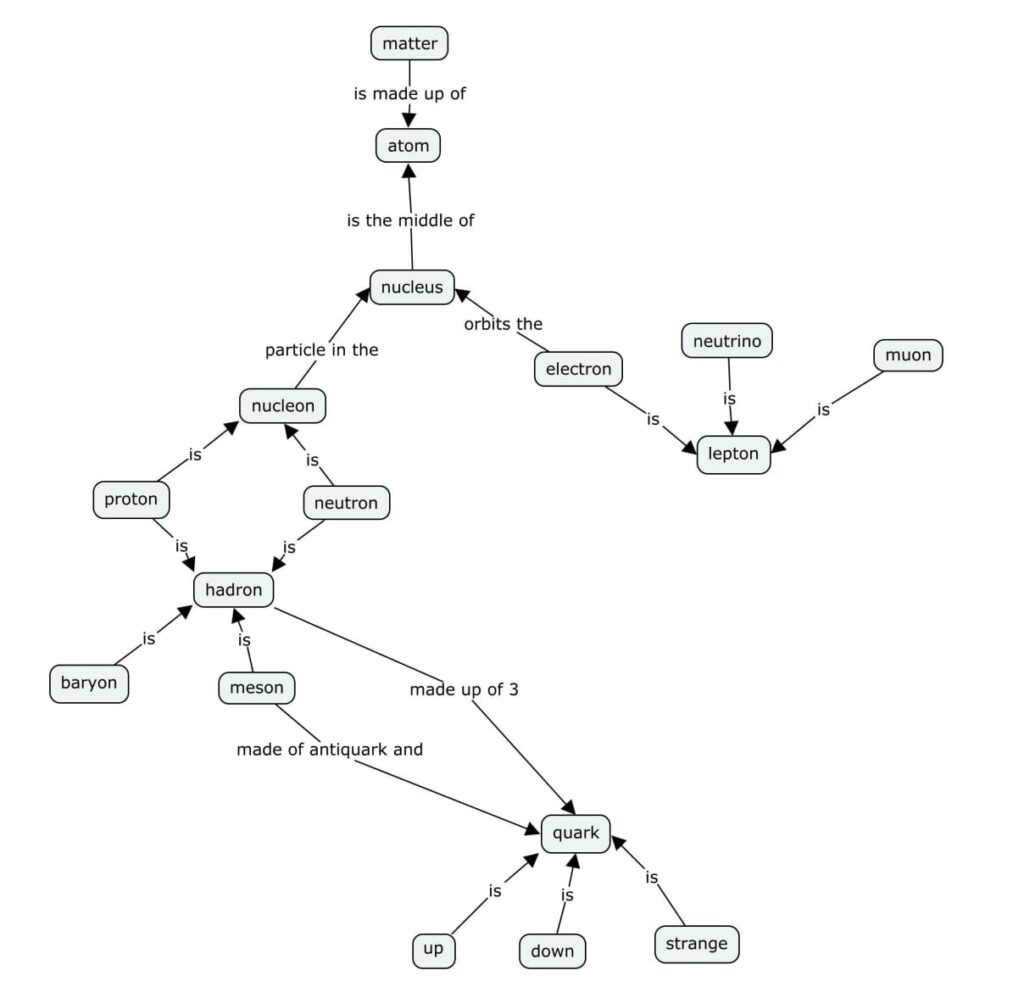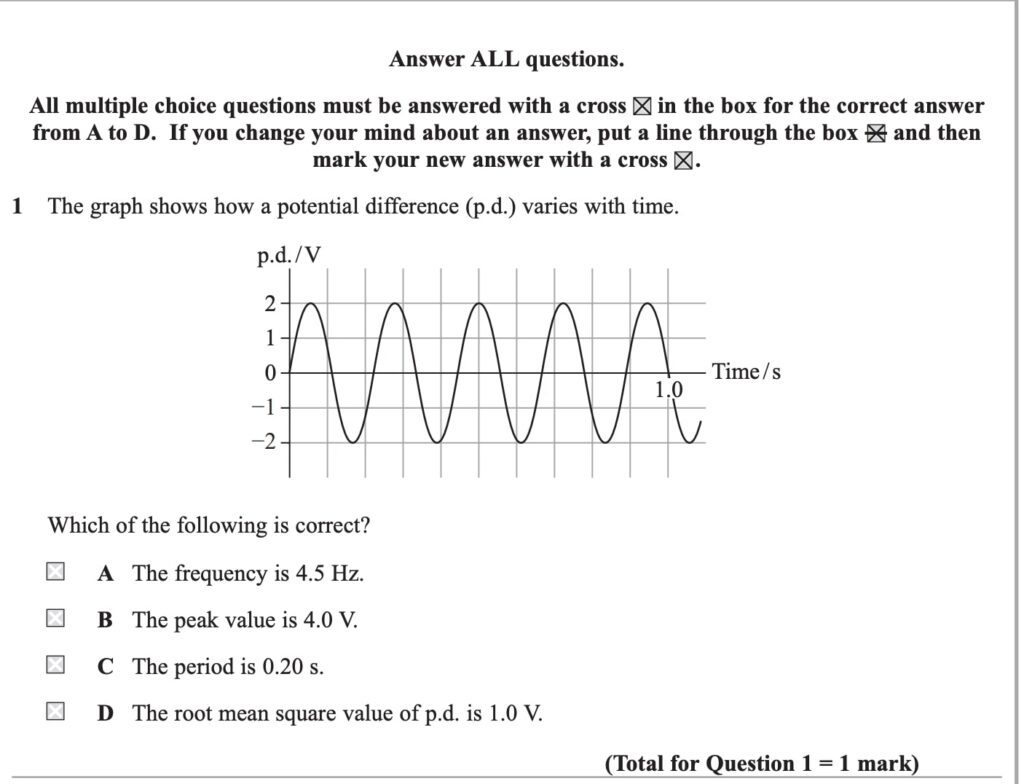A-level physics is considered as one of the hardest A-level subjects! Many students wonder is A Level Physics hard? and what factors contribute to its challenging reputation. Physics intertwines the fundamental laws of the universe with mathematical precision, presents unique challenges that require a strategic approach to study. Now – let’s dive into it – what are the best revision techniques and revision resources for A-level physics?
Understanding the A-Level Physics Syllabus
Grasping the breadth and depth of the A-level Physics syllabus is a crucial first step in your revision journey. This segment of our guide is designed to help you navigate and understand the syllabus effectively. While physics requires mastering equations and experimental skills, other subjects like economics demand a different kind of focus. If you’re also studying economics as well and you need to revise A Level Economics , just know it shares practical techniques that can support your overall revision routine, especially when managing multiple subjects.
Core Concepts and Topics in A-level Physics

Understanding the core concepts and topics that form the backbone of the syllabus is essential. Familiarise yourself with the fundamental theories and principles that are the focus of the A-level Physics curriculum.
- Mechanics and Materials – Motion, forces, energy, momentum, and properties of materials.
- Electricity – Electrical circuits, current, resistance, and electromotive force.
- Waves: Characteristics, wave phenomena, and optics.
- Particles and Radiation – Fundamental particles, quantum phenomena, and nuclear physics.
- Fields – Gravitational, electric, and magnetic fields.
- Thermodynamics – Thermal physics and gas laws.
- Astrophysics and Cosmology (Optional) – Celestial mechanics, the universe’s structure, and evolution.
Exam Board Specifics
Each exam board has its unique nuances and focus areas. It’s vital to know the specifics of your exam board’s syllabus to tailor your revision accordingly. Visit their website and read their specifications carefully!
Importance of Practical Skills
Practical skills are a significant component of A-level Physics. Understand the practical experiments and techniques that you need to be familiar with, as they are often integral parts of the examination.
Integrating Theory and Application
The ability to integrate theoretical knowledge with practical application is key. Focus on how the syllabus connects theoretical physics concepts with their real-world applications.
By thoroughly understanding your A-level Physics syllabus, you set a strong foundation for effective revision and exam success. This understanding will guide your study plan, ensuring that you cover all necessary topics comprehensively.
Effective A-level Physics Revision Methods
Developing effective revision methods is key to mastering A-level Physics. This section explores various techniques to enhance your study experience and retention of information.
Active Recall
Active recall is a powerful technique where you test yourself on the material, reinforcing memory and understanding. This method is more effective than passive reading or highlighting.
Spaced Repetition
Utilise spaced repetition to review material at increasing intervals. This technique helps in long-term retention of concepts and formulas.
Concept Mapping

Creating concept maps helps in visually organising and connecting different physics concepts, aiding deeper understanding and memory retention.
The Feynman Technique
Employ the Feynman Technique, where you teach a concept in simple terms to someone else. This method ensures that you truly understand the material and can communicate it effectively.
Implementing these methods in your revision routine can greatly enhance your understanding and recall of A-level Physics concepts, paving the way for success in your exams.
Using Diverse Resources
To excel in A-level Physics, it’s crucial to use a variety of high-quality resources. Here’s a list of recommended resources for comprehensive revision:
- Textbooks and revision guides specific to your exam board (e.g., AQA, OCR physics, Edexcel) for focused syllabus coverage.
- Websites like Khan Academy and Physics and Maths Tutor offer in-depth topic explanations and practice problems.
- YouTube channels like Physics Online, DrPhysicsA, and CrashCourse Physics provide visual and engaging explanations.
- A-level past papers available on exam board websites are essential for practice and understanding exam format.
- Educational apps like Quizlet for flashcards and Physics Wallah for topic-wise revision.
- Study forums – The Student Room and Physics Forums for peer discussions and problem-solving.
Combining these resources will give you a well-rounded understanding and prepare you effectively for your exams.
Mastering Mathematical Skills
Mathematics is not just a supporting tool but a fundamental part of A-level Physics. Understanding and applying mathematical concepts are essential for exploring and solving physics problems.
- Grasp the basics of algebra, calculus, and trigonometry, as these are often used in physics calculations.
- Learn to apply mathematical methods to physical scenarios, such as using calculus in mechanics or trigonometry in wave physics.
- Practice manipulating and rearranging formulas, a skill crucial for tackling physics questions effectively.
- Develop the ability to interpret and analyse data, which is a key part of physics experiments and research.
- Use resources like ‘Maths for Physics’ textbooks, online courses, and maths-focused YouTube channels to strengthen your mathematical foundation.
Strengthening your mathematical skills will significantly enhance your understanding and performance in A-level Physics.
Practise with A-level Physics Past Papers

Practicing with past papers is an invaluable part of preparing for A-level Physics exams. It helps familiarise you with the exam format, question styles, and time management. Key tips include:
Frequent Practice
Regularly solve past papers to build confidence and improve exam techniques.
Review Mark Schemes
Understand how answers are graded to tailor your responses accordingly.
Identify Weak Areas
Use these papers to pinpoint topics that need more revision.
Simulate Exam Conditions
Practice under timed conditions to enhance time management skills.
Incorporating past paper practice into your study routine is crucial for success in A-level Physics exams.
Diagrams and Graphs in A-level Physics
Diagrams and graphs are essential tools in A-level Physics for visualising concepts and data. Their use can significantly enhance understanding and memory retention.
- Drawing diagrams helps in comprehending and remembering complex physical processes and setups.
- Learn to interpret and analyse various types of graphs, a skill crucial for both understanding concepts and answering exam questions.
- Use visual aids to grasp abstract concepts like electric fields or wave interference patterns.
Incorporating these visual learning tools into your revision strategy can greatly aid in grasping and retaining the complex concepts of A-level Physics.
Conclusion
In conclusion, success in A-level Physics requires a multifaceted approach, combining effective revision techniques, utilisation of diverse resources, mastery of mathematical skills, and the strategic use of past papers and visual aids.
Remember, understanding complex concepts, applying them in varied contexts, and staying motivated and stress-free are key.
For personalised guidance and support, consider reaching out to online tutoring platforms like Edumentors, which offer specialised assistance in A-level Physics. With dedication, the right strategy, and appropriate support, you can navigate the challenges of A-level Physics and achieve your academic goals.
You Might Be Interested In








